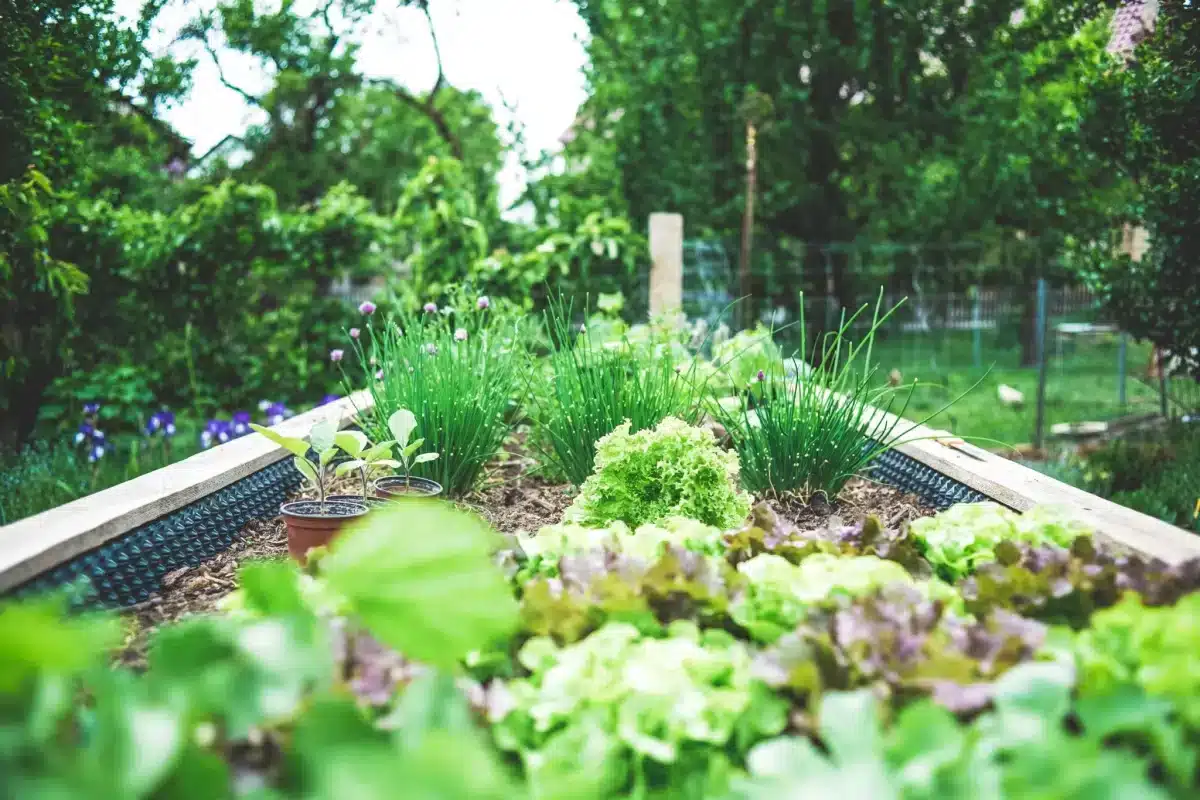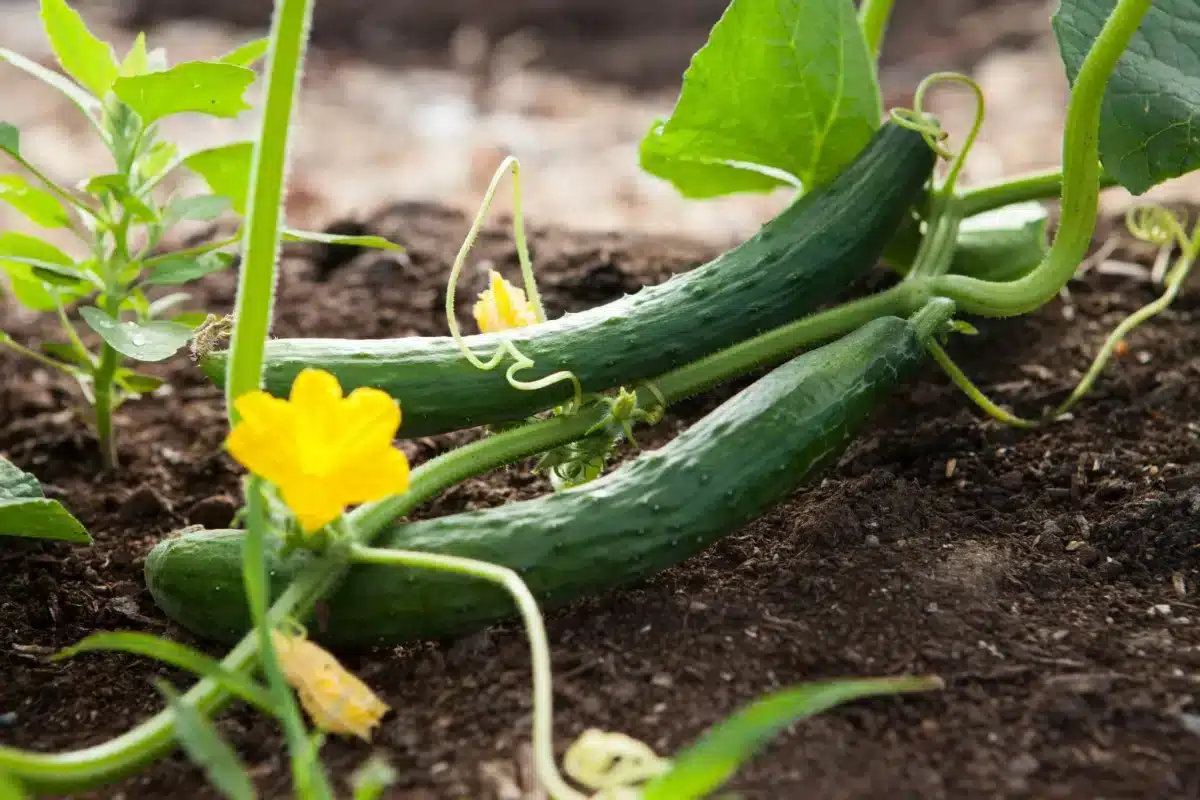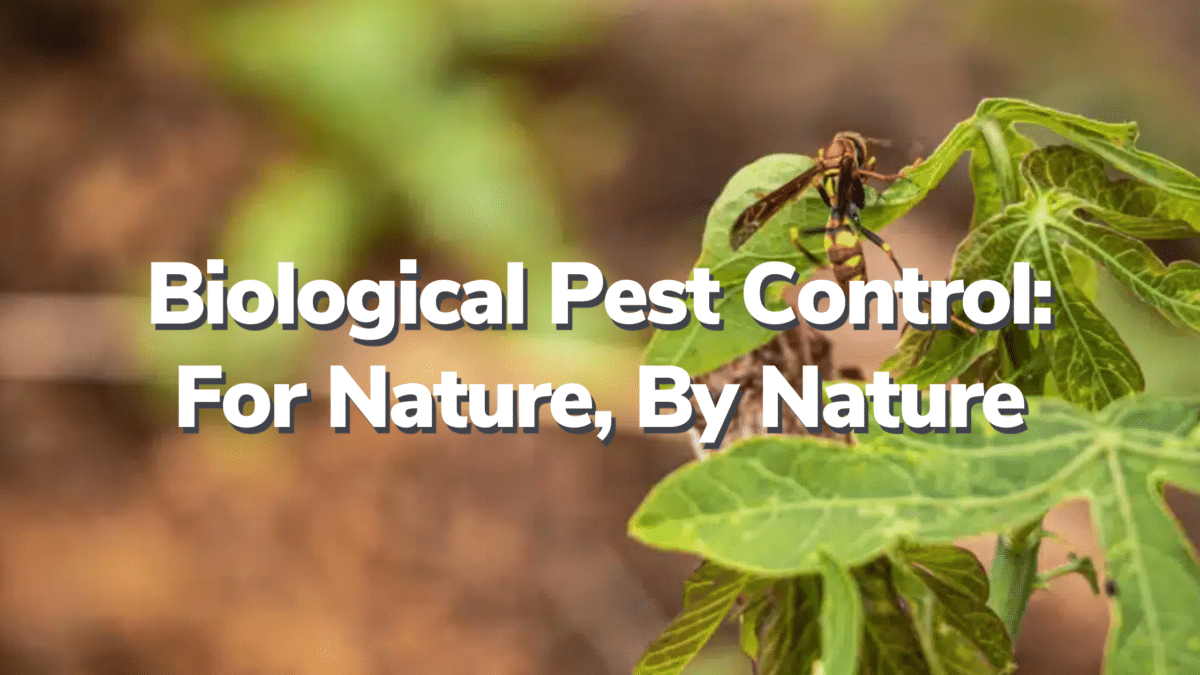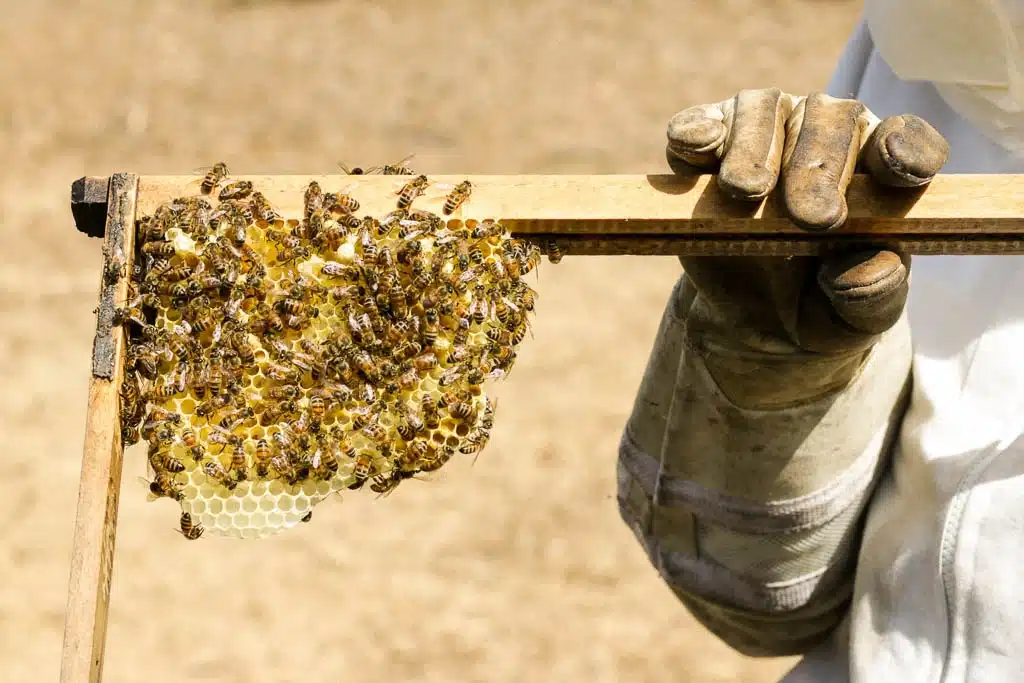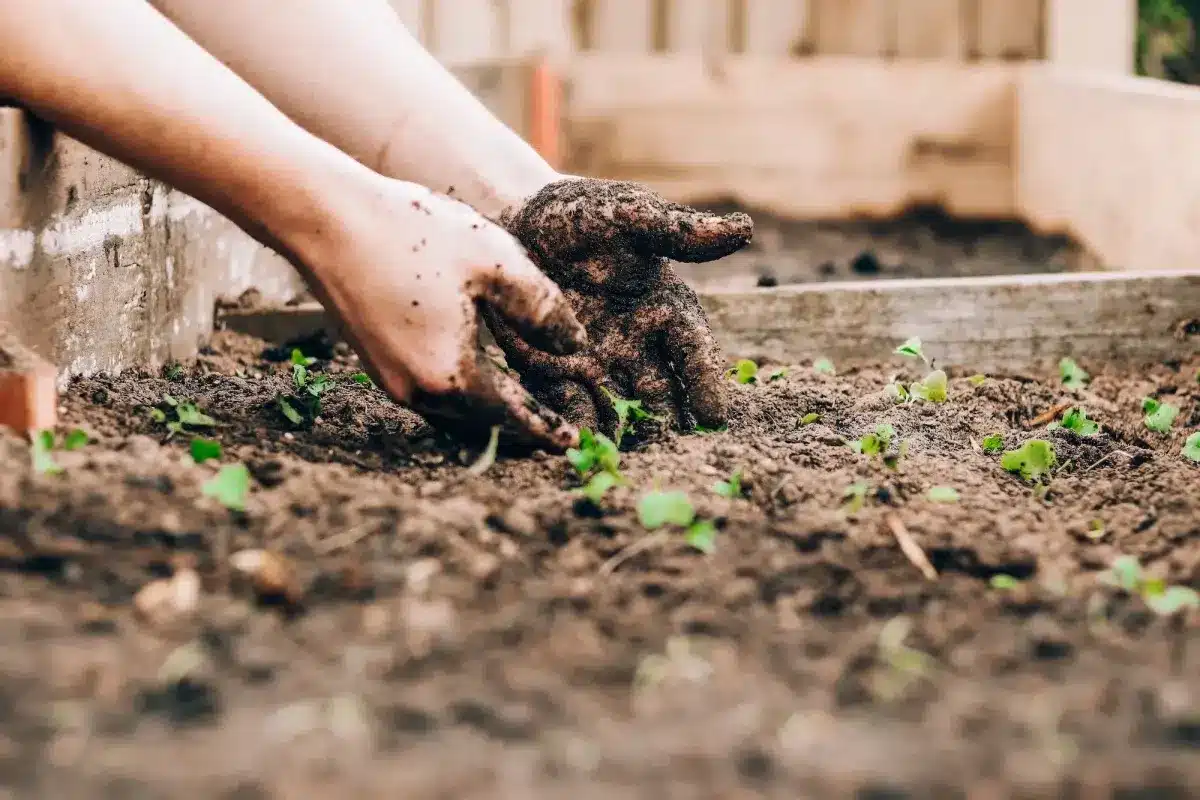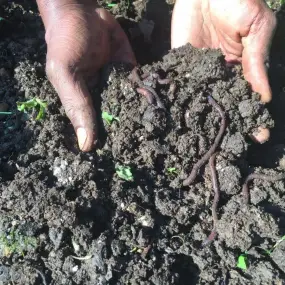“When building soil you not only improve your plants’ health, but you can also improve your own.” Welcome to Part 2 of “The Ultimate Guide to Growing in your Garden”. In this article, we’ve moved onto the next step in creating your home garden – preparing the soil. Miss Part 1? Read it now. Why is soil prep so important? …
The Ultimate Guide to Growing in your Garden: Part 1
The healthiest food is food grown organically in your own garden. In South Africa (more so than in European nations, for example), many people have access to a garden. Yet, despite worldwide concerns over food safety and food security, not many people are growing their own food. If you are one of them, this blog series is for you! Why …
Biological Pest Control: For Nature, By Nature
Around the world, conventional products and chemicals intended to guard crops against disease, weed pressure and pests are increasingly falling out of favour due to the negative impacts they have on the natural environment, and even human health. So, what’s the alternative? Along with a focus on soil health and regenerative farming tactics, manufacturers and research institutions are working on …
South African Honey: How to Spot a Fake Honey Company
In this article: Why are bees under threat? Why should we care about bee populations? Reducing the risk to pollinators and South African honey What about ‘fake honey’ in South Africa? What is adulterated honey? What is irradiated honey? The trouble with honey testing The problem with honey adulteration How to spot fake honey How to avoid buying adulterated honey …
3 Modern-Day Myths and the Truth About Sustainable Agriculture
As we’ve discussed previously, feeding the world’s growing population is set to become a major challenge in years to come. Achieving food security through the intensification of global food production is vital, but the world’s current trends in food consumption are simply unsustainable in terms of costs to public health, the environment and socio-economic costs. That’s why it’s imperative for …
How to Transition to Sustainable Farming Techniques
Modern industrial agriculture simply cannot sustain human populations for generations to come. Its negative impacts include soil loss and degradation, greenhouse gas emissions, pollution by pesticides and fertilisers, loss of biodiversity, declining pollinators as well as risks to human health. For these reasons, and to ensure economic viability into the future, many farmers are making the transition to sustainable farming …
How Sustainable Farming Works
As Earth’s resources dwindle and its population increases, we need to find a balance between feeding the planet and securing the food for future generations. This is where sustainable farming comes in. What is sustainable farming? Sustainable farming is the name for a loose set of agricultural practices that work together to: Limit the use of potentially harmful chemicals Employ …

